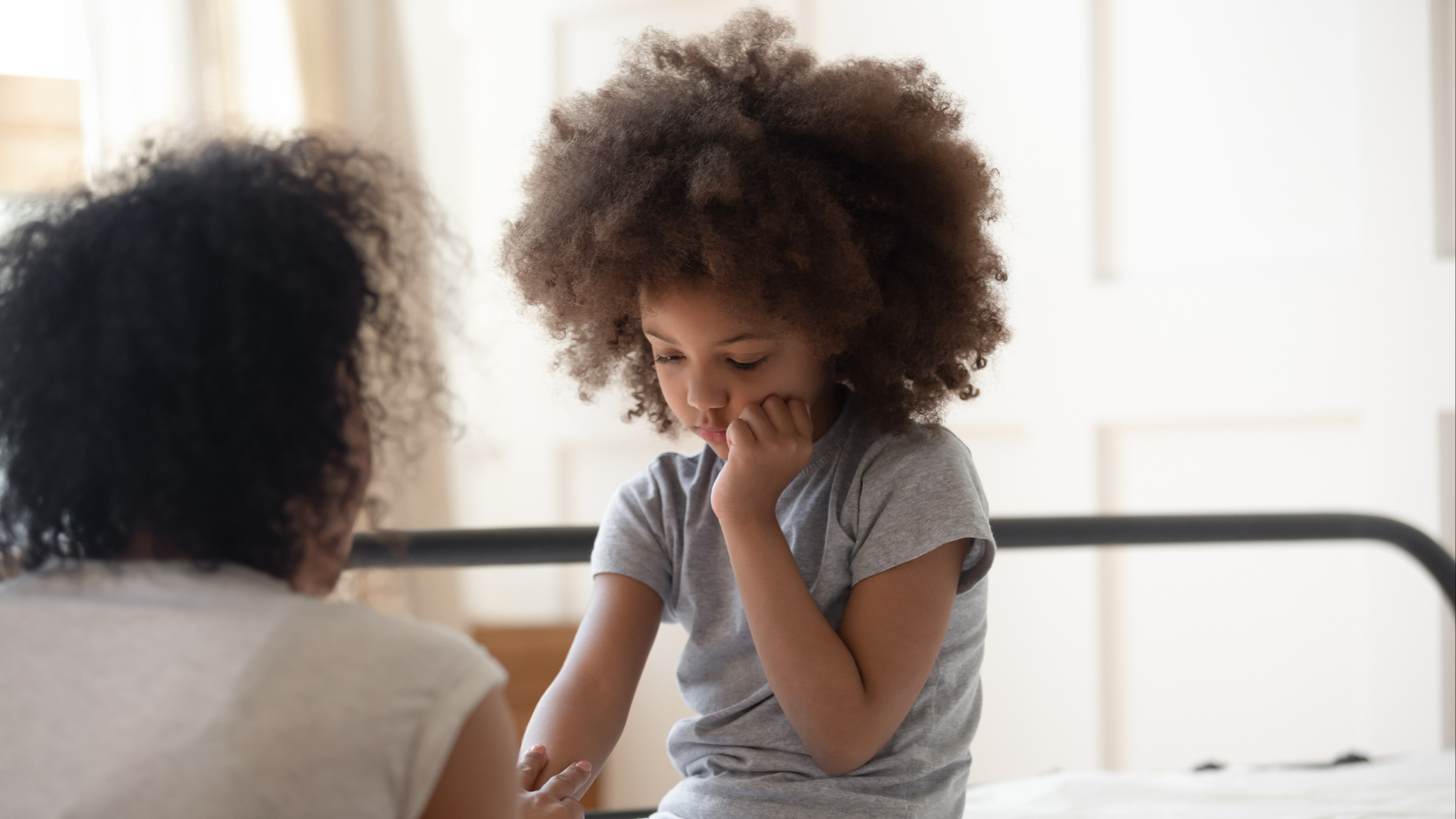
Childhood depression is a very real and very scary thing. While some well-meaning adults may be confused about the reasons a child could possibly have to be depressed, it is nevertheless a serious issue. Mental illness and depression are hereditary, so certain people—including children—are just more prone to experience feelings of depression than others, even when there is no apparent reason for those feelings. It's also possible that the child may not be able to articulate the reasons for their feelings.
More from MamásLatinas: Latin celebrities brave enough to talk about their mental health
That's actually a good reason for parents to be even more attuned to signs of depression in their children. A child is likely to become depressed and have no idea why they feel the way they do, and that there's actually a name for it, whereas teens and adults are more familiar with it, likely know they are not alone in their experience and are more empowered to seek help on their own.
As parents, we all want our children to be happy, so when we notice changes in behavior it's best to address them as soon as you realize it's more than just a brief phase. If left unaddressed, childhood depression can turn into adolescent depression and even adult depression, both of which can be much more dangerous. Click through the gallery to see some signs you should look out for, along with tips for handling them.
Extended periods of sadness should be addressed.
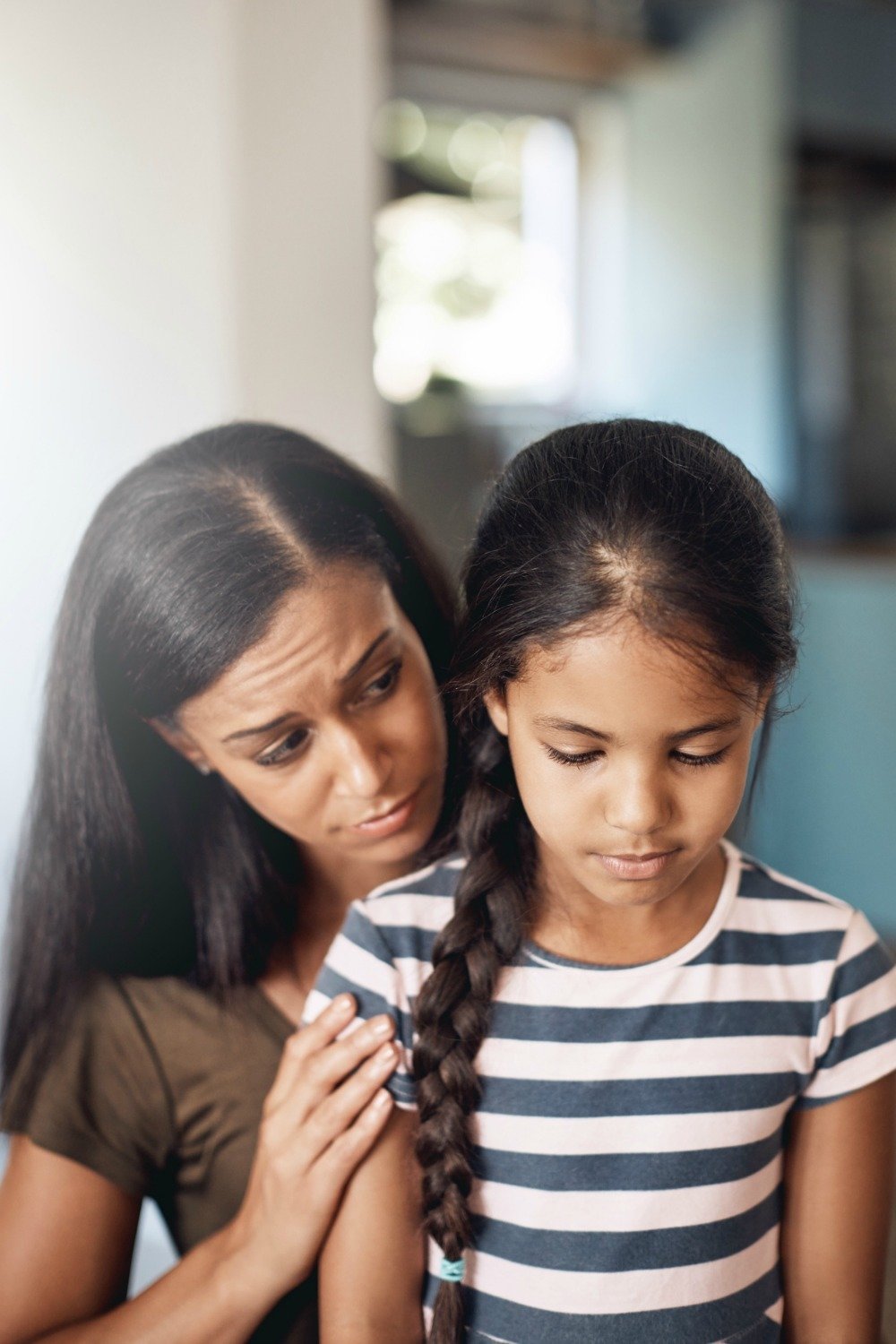
Kids have a wide range of emotions, just like any other human being. It is natural for them to be sad but not if it lasts for long. If your child has been experiencing deep sadness for longer than two weeks, she or he could be struggling with depression.
Is your child in seeming turmoil?
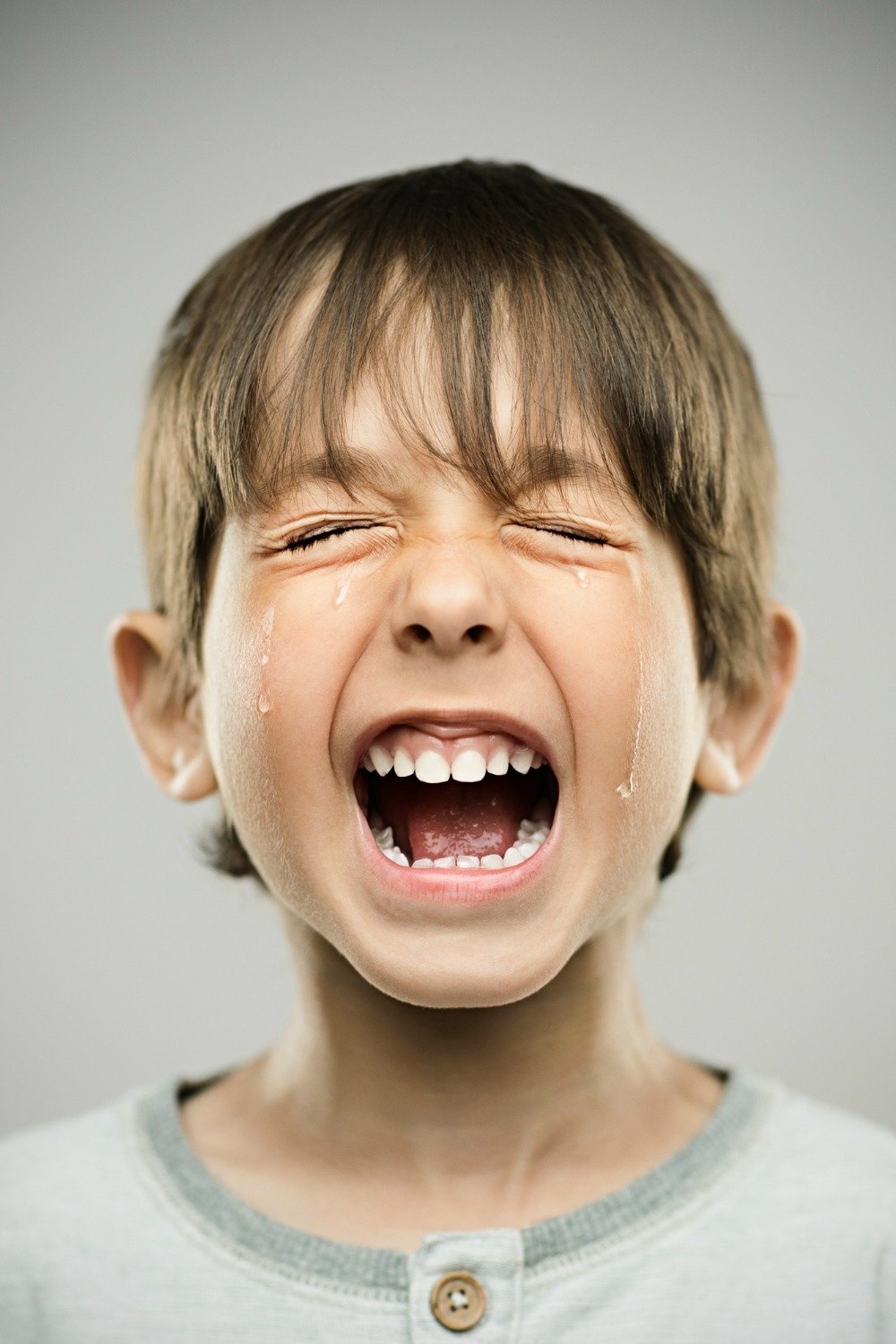
If you've noticed that your child seems to be an almost constant turmoil—experiencing anxiety, or confusion—it could be a symptom. He may even be lashing out at school or at home because he doesn't understand what he's experiencing.
Look out for changes in eating habits.

Some kids can be picky eaters, but be aware for any variations. Prolonged or unusual changes in eating habits and patterns can be a red flag, especially when paired with otherwise unexplained sudden weight loss or gain.
Same goes for sudden mood changes.

Lack of sleep, tiredness, or something else could make your child cranky. But erratic moods and behavioral changes that seem to come out of nowhere are an indication of an underlying issue such as depression.
Be aware of overly negative thoughts.
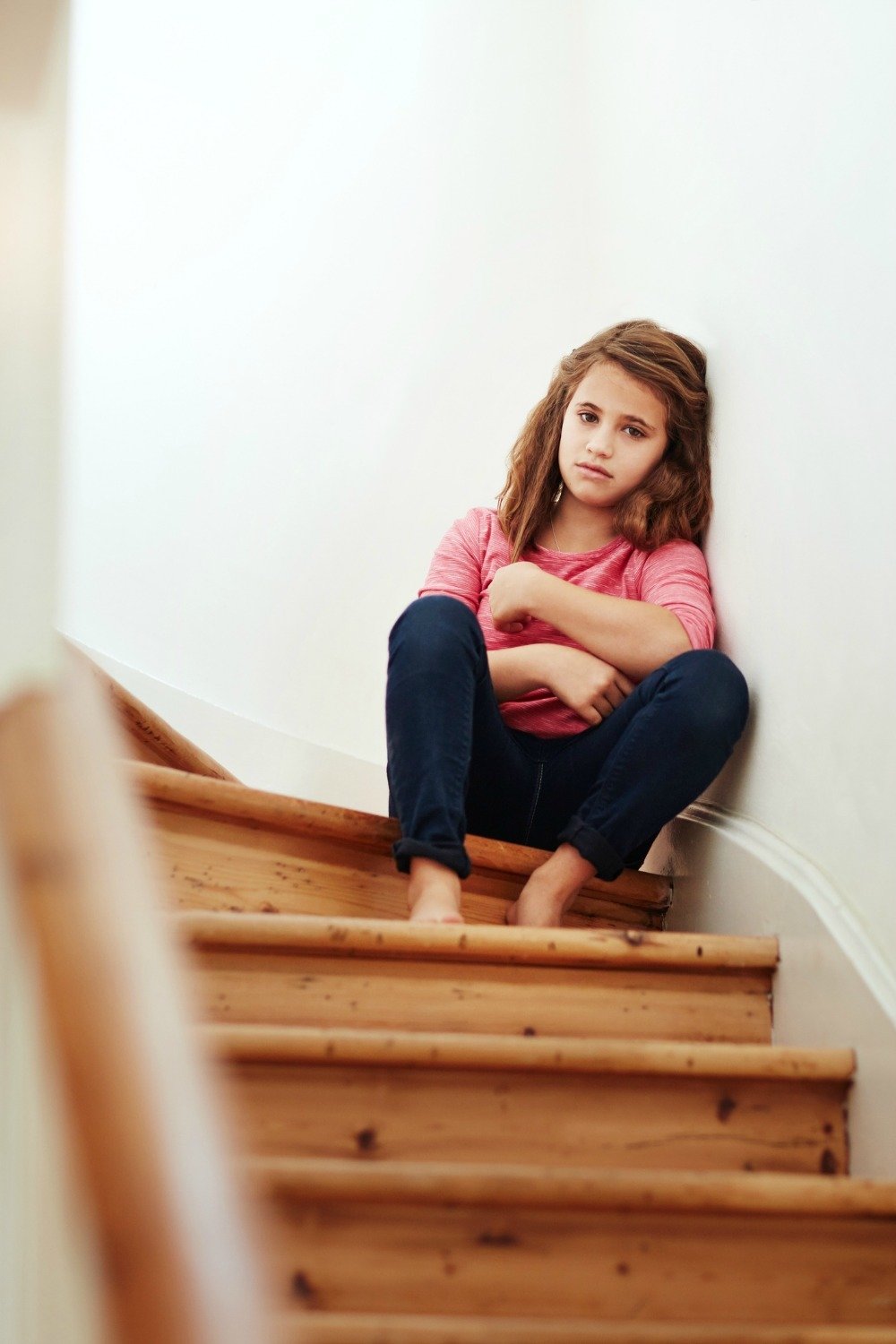
While children of a certain age do tend to experience normal self-esteem issues, if your child is expressing what seem like overly negative thoughts about herself or being overly critical of her appearance, personality or abilities, depression could be on the horizon.
A pessimistic attitude can be a concern.
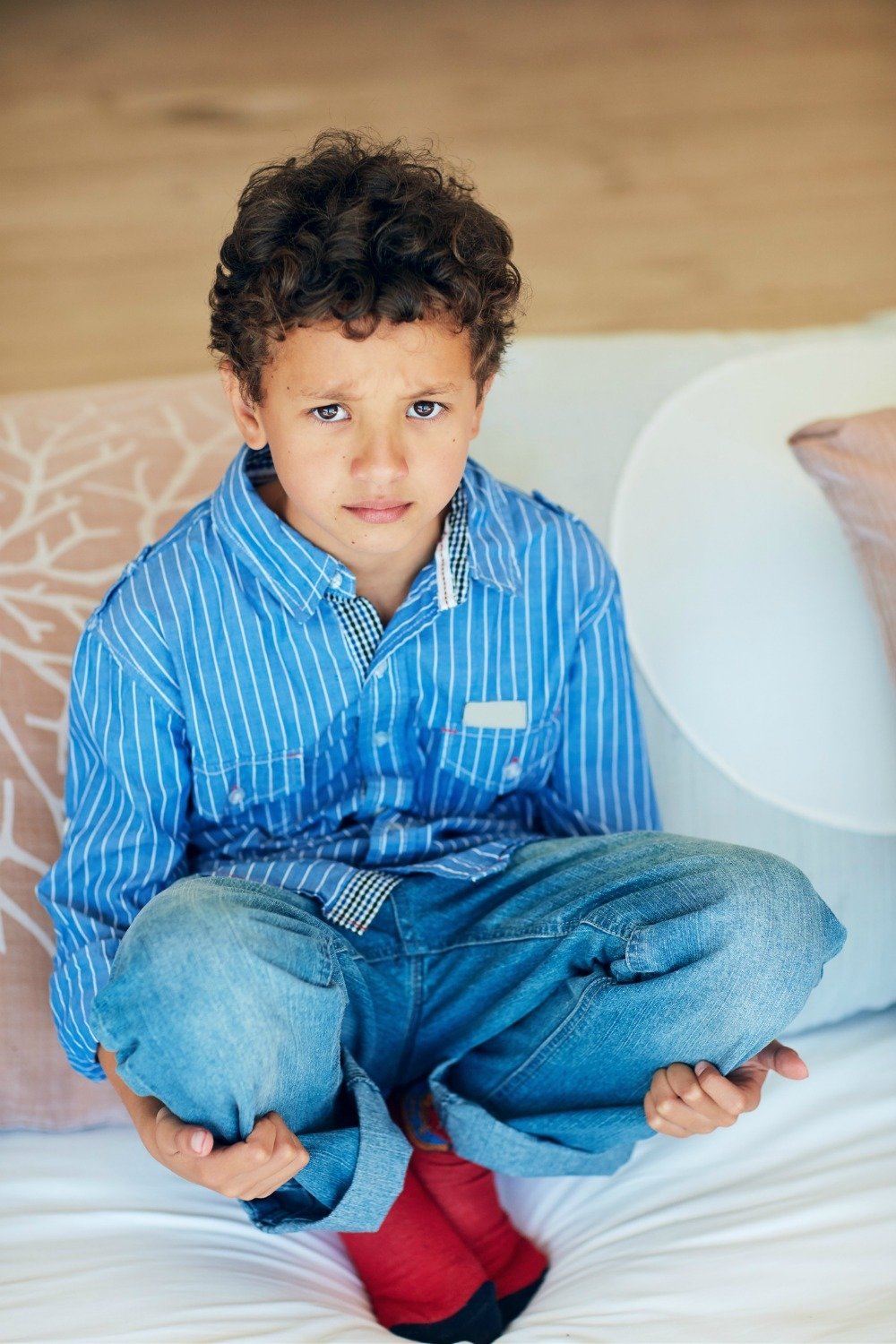
Similarly, depression may have settled for a child who seems to have a growing pessimism about everything—life, school, friendships, and hobbies. If you notice a loss of interest in his usual activities, take a closer look.
Is he withdrawing?
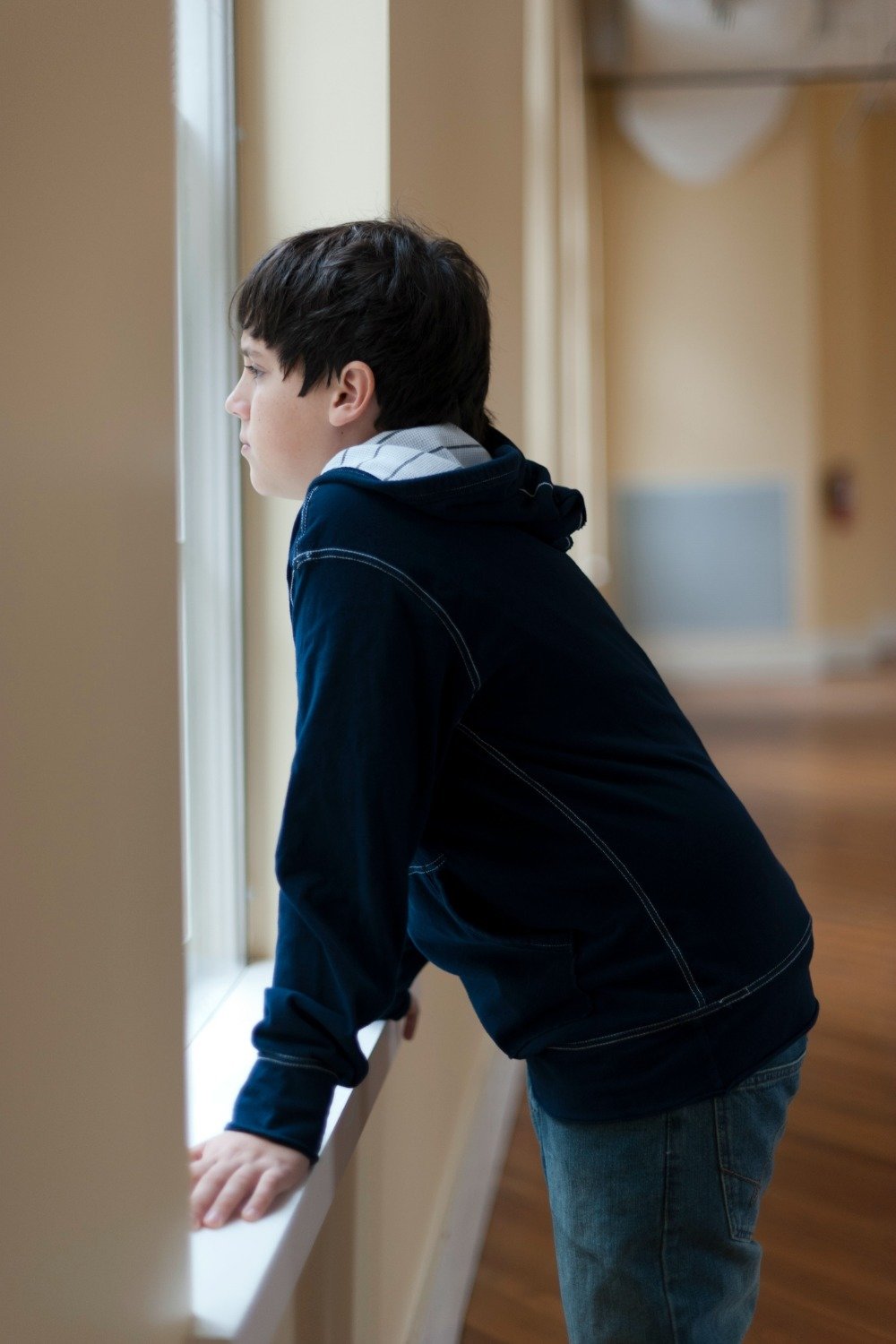
Have you noticed that your child seems to be withdrawing from you, other family members, friends? Has he perhaps lost interest in things he once enjoyed? These are symptoms of depression, especially when experienced together.
Depression could explain a sudden loss of energy.
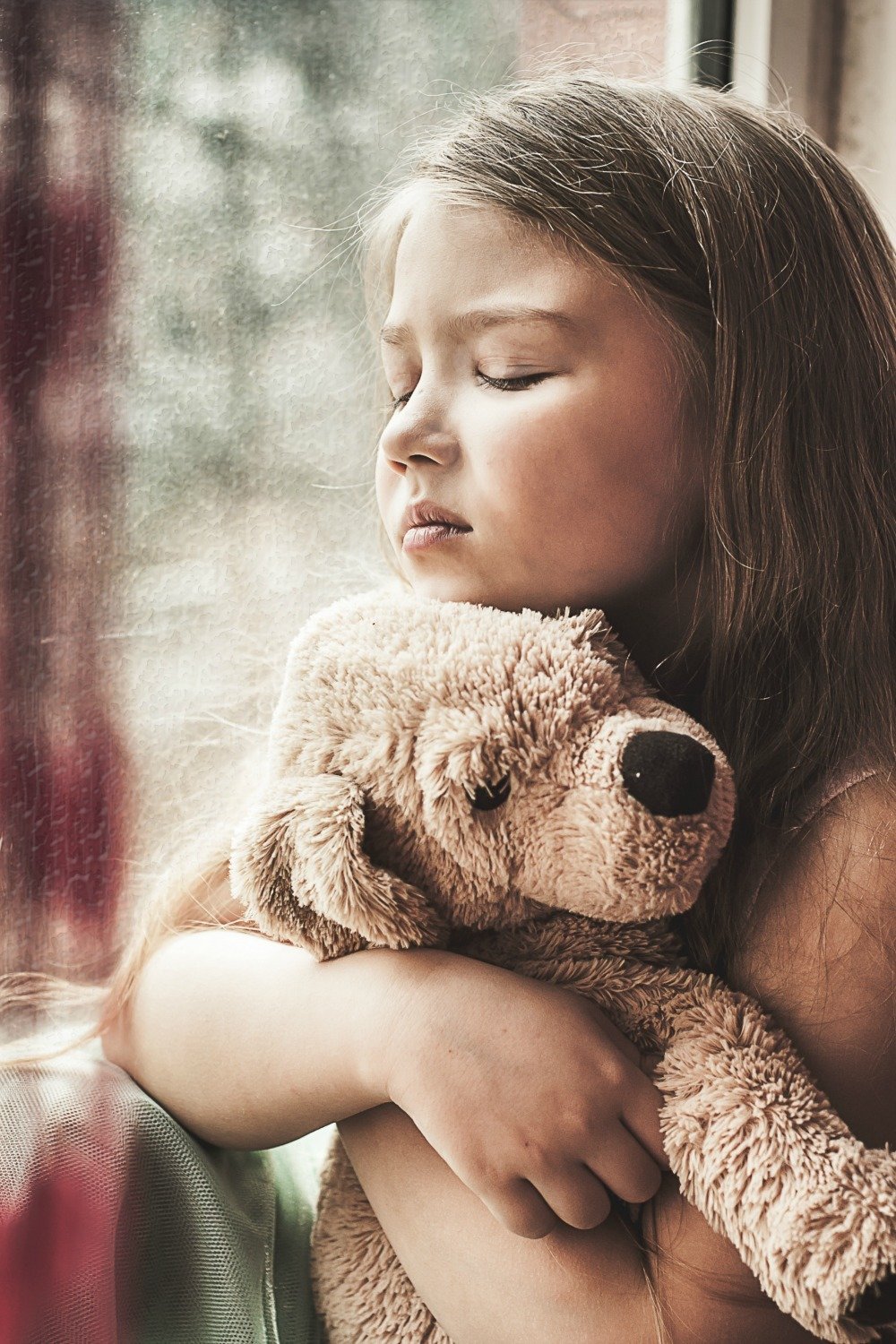
Most children are brimming with energy that can only be tamped down when they are ill or perhaps exhausted from a long day of fun. If your child seems fatigued for no apparent reason, especially if the lack of energy lasts for more than a few days and is accompanied by other unusual behaviors, she may be depressed.
Signs can manifest at school as well.

If your child was previously doing fine in school and is suddenly having trouble with behavior or academics, there may be an underlying cause, such as depression or anxiety.
Sleep may suffer.
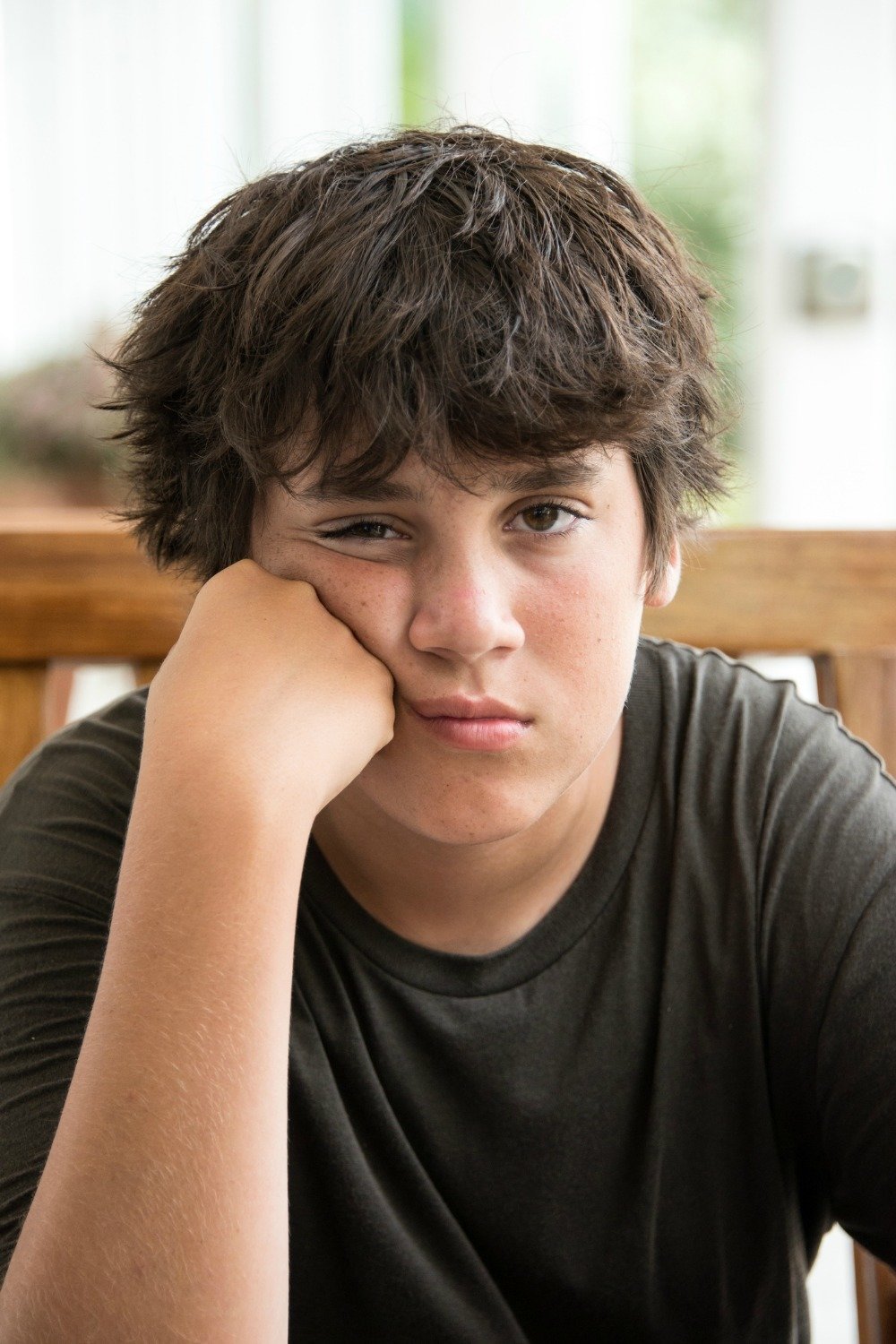
Pay attention to her sleeping habits and notice if they change. A previously solid sleeper who begins to have trouble falling or staying or sleep—or alternately is having trouble staying awake—may be dealing with some emotional issues.
Has she become a Stage 4 Clinger?

Beyond the preschool and early elementary years, clinginess can be a sign of a depression, especially if it's not the norm for your child. Children suffering depression may be seeking comfort and security in physical closeness to you.
Stomachaches and headaches are common symptoms.

Frequent complaints of sickness—especially headaches and stomachaches—are common for people dealing with emotional stress, anxiety and/or depression. His emotions might be manifesting physically.
A lack of concentration could mean something more.

If your child is suddenly exhibiting a lack of concentration or ability to focus in school or while doing homework at home, his thoughts or emotional distress could be the distraction.
Never ignore talk of self-harm.

Talk or thoughts of self-harm or suicide are almost always signs of a serious mental health problem and should always be addressed immediately, ideally by a medical professional. Never look at this behavior as a child being dramatic or simply seeking attention. Even if it is, it's better to be safe than sorry.
A child might withdraw from friends.

An older child may be more likely to share what's going on with her friends than with a parent or family member. However, a child who is experiencing depression may withdraw from friends. Either way, checking in with your child's closest buds to see if they've noticed anything unusual is a good place to start.
Tip: Talk to your child.

Don't let your child's sadness be the elephant in the room. Just talk to her! Sometimes a child experiencing depression just needs someone to initiate the conversation. Be open, honest and non-judgmental, and just asking your child how she's doing. Even if she doesn't open up, she'll know you care and you'll be opening up the door for future discussions.
Tip: Be a reassuring presence.

Make sure you are a constant reassurance to your child. Your job is to life your child up and to help him know his own worth. He may brush it off outwardly, but your loving, reassuring words and actions will seep in and build up your child's self-esteem and self-image.
Tip: Comfort comes first.

Most of us can tell when something is up with our kids. We're given maternal instincts for a reason. If your child is acting out of character do your best to tune in and discern whether there is something serious going on or not. Before jumping to harsh judgments or discipline, consider comforting her. As a parent, you want to be safe space for your child.
Tip: Teach them how to cope.
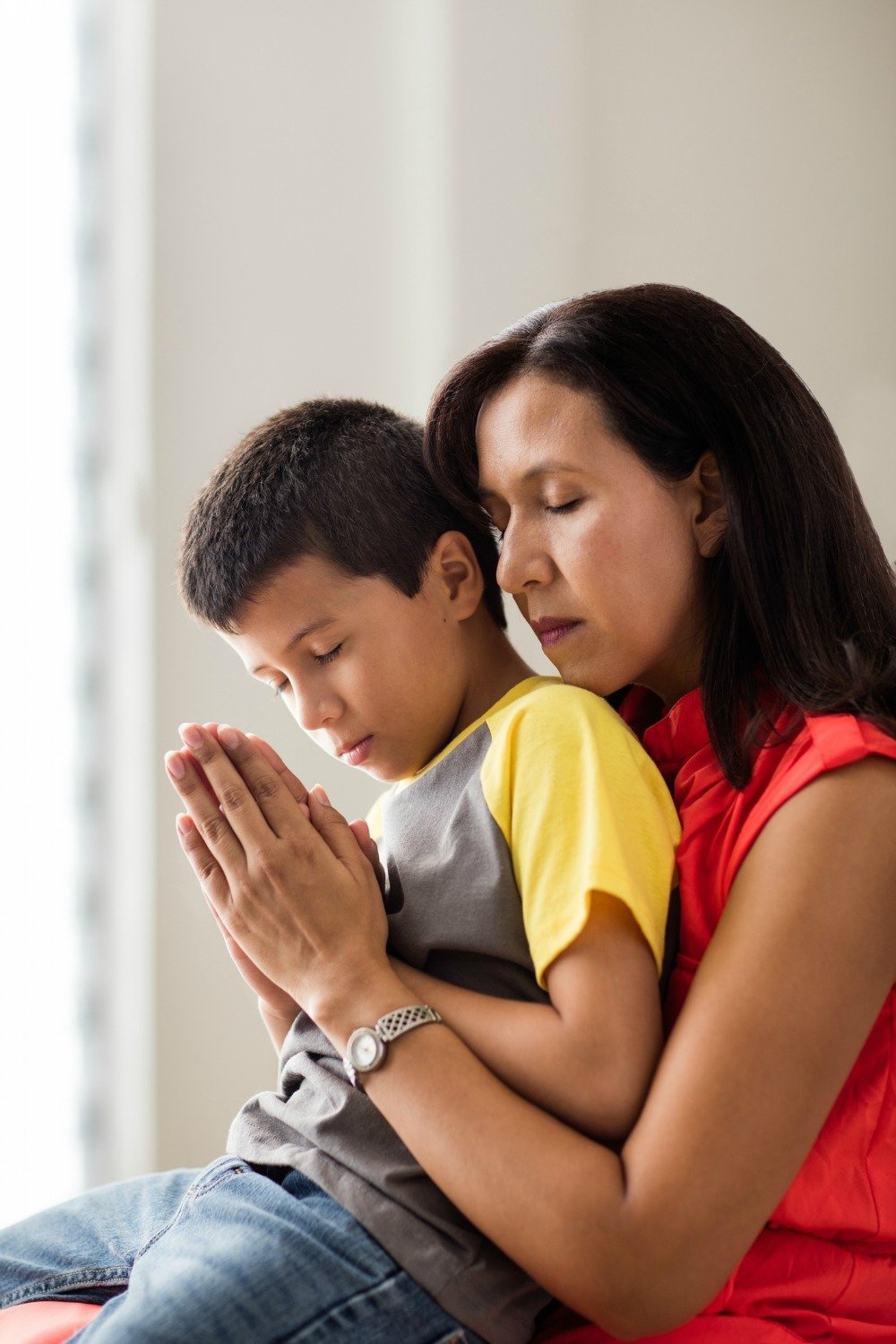
Coping mechanisms can be crucial when it comes to dealing with depression. You can make an effort to casually teach your children how to cope through things like prayer, meditation, yoga, coloring, drawing, dancing, listening to music, etc. That way, when they are dealing with anxiety, depression and any other emotional issues they'll know what calms them and lifts their mood.
Tip: Don't hesitate to get professional help.

Never hesitate to get help from a professional if you notice any of these symptoms or a combination of them that persists for more than a couple of weeks. Put fears of your child being "labeled" aside, and put their health first. You wouldn't let your child go untreated if they had a 103-degree fever, and you shouldn't let your child go untreated for mental illness either. Reach out to your child's pediatrician or school counselor for help.

